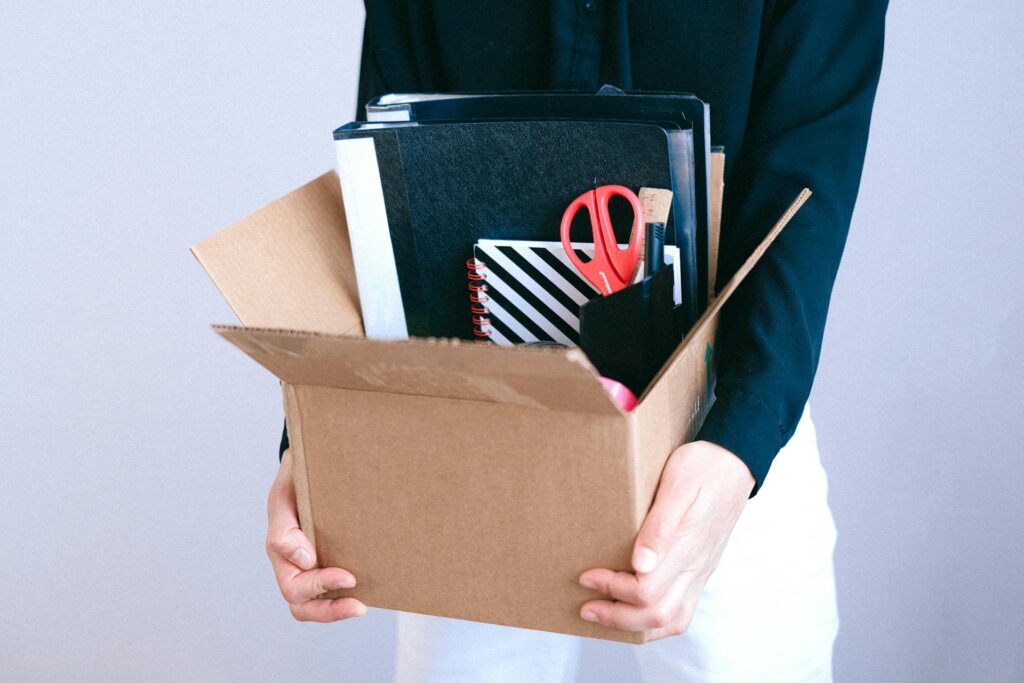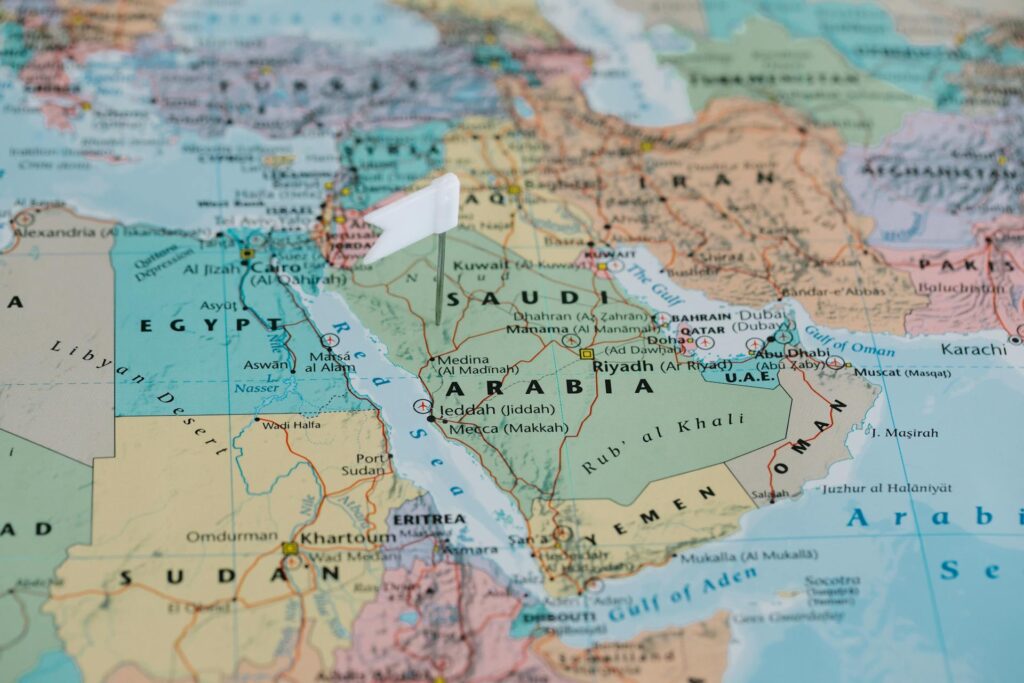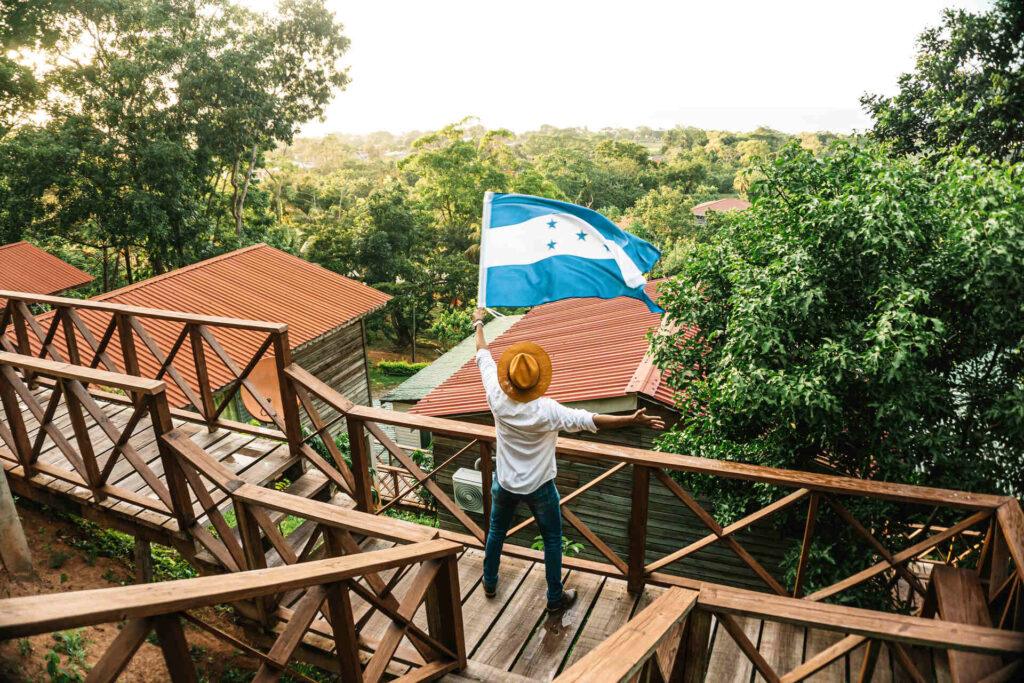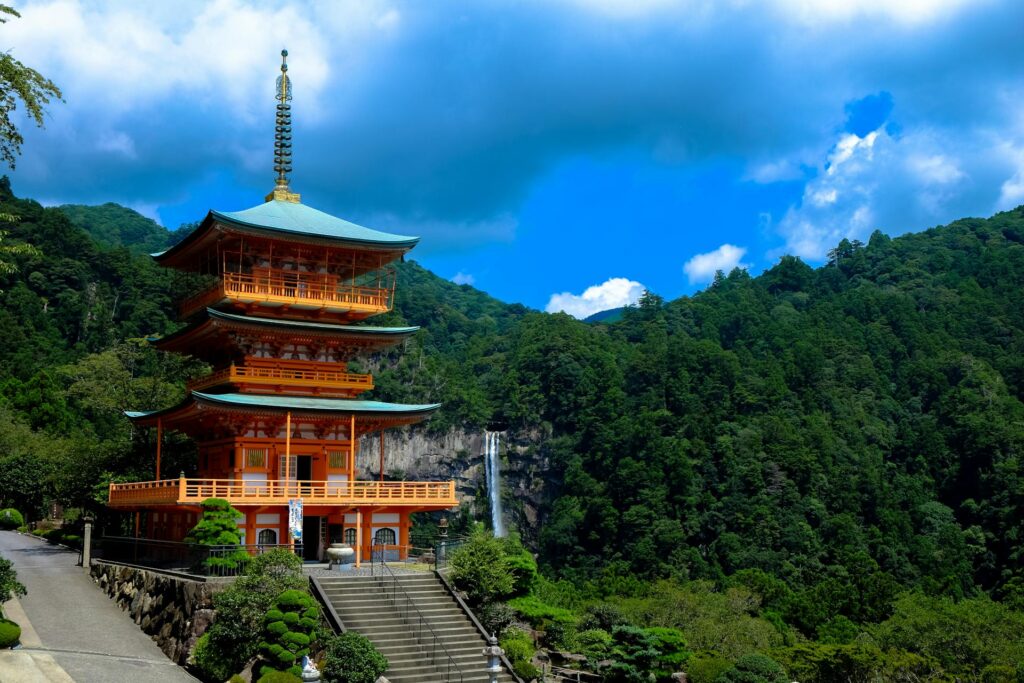If you’re moving to Seoul, there’s one thing you should expect when traveling so far abroad: everything is different. From people and their lifestyle to their mindset, cuisine, habits, and, of course, the language. So, before quitting your job and saying goodbye to your family and friends, you should find out why the South Korean capital is so unique and what you should expect after you cross the country’s border.
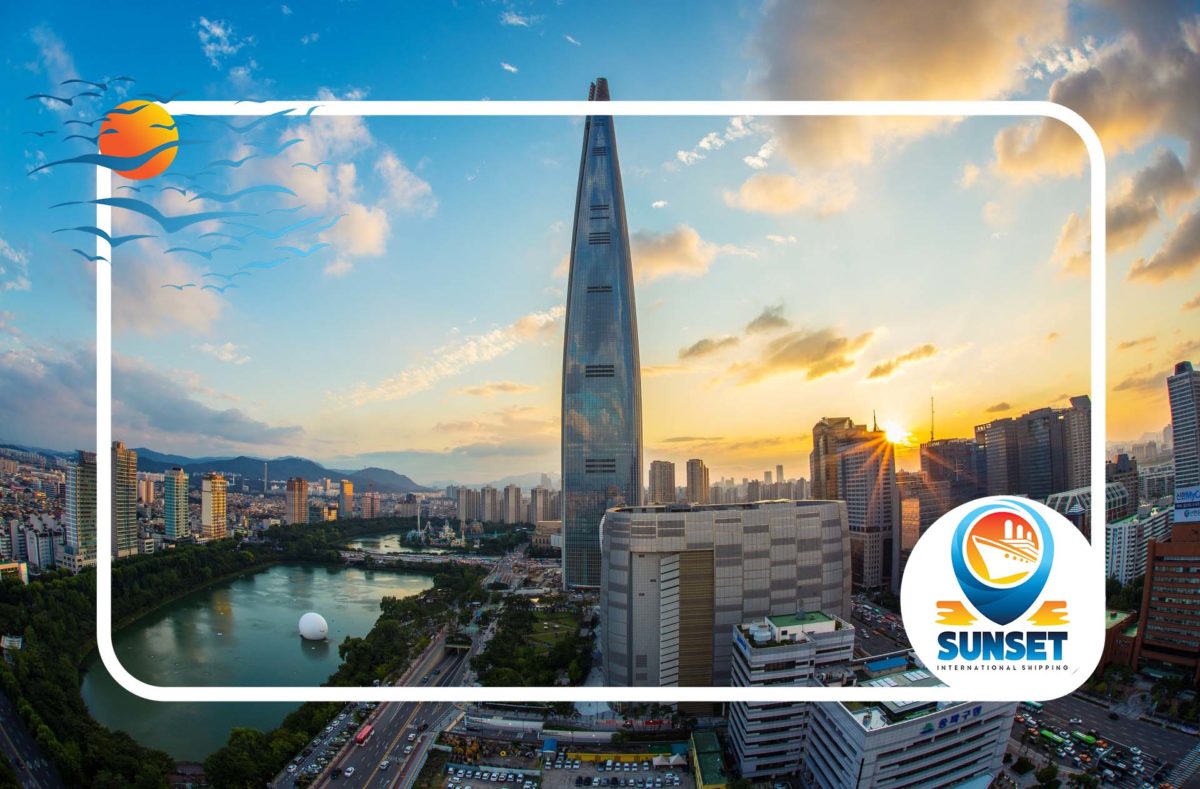

With a population of 51 million and the lowest fertility rate in the world, South Korea, also known as the Republic of Korea (ROK), is experiencing the so-called population paradox. According to recent studies, the average woman has just 1.1 children, which is lower than any other country. On the other hand, ROK’s residents can boast one of the highest life expectancies in the world. The average is an impressive 82 years.
This unique country has become very popular among foreigners due to excellent job opportunities, remarkable food and entertainment options and generally a very high quality of life. That can explain why around 230,000 U.S. citizens currently live in South Korea, also known as the Land of the Morning Calm.
Let’s find out how relocating to the South Korean capital can change your life for the better. With our guide, we can help you get some of the essential answers related to the question of How to live in another country.
Things to Know Before Moving to Seoul
Seoul is an enormous and impressive metropolis with over 10 million residents, a 2000-year history, and it typically ranks among the top 10 leading global cities. It is a perfect example of a capital city that has plenty to offer in terms of economy, culture and history, and entertainment. The won (symbol: ₩; code: KRW) is the official currency of ROK, and 1 USD is around 1,200 KRW.
Thanks to the government’s efforts, Seoul is becoming a cosmopolitan city that attracts expats from all over the globe. However, its international population is still relatively small – about 265,000 foreigners live in Seoul, dubbed the Soul of Asia. But, for all those planning to relocate here, there are plenty of benefits related to the transition and common living issues, such as a support center for foreigners.
Whether you’re planning to relocate to the Soul of Asia because of a career, education, a new beginning, or a change of scenery, this city won’t let you down. But to immerse yourself into its culture and lifestyle, some preparatory steps should be taken before to make your relocation go smoothly. First and foremost, take care of the most important documents needed to travel abroad and navigate the country’s somewhat complicated visa process.
Visa Requirements
The type of visa you should apply for depends on your reasons for moving to the Soul of Asia and your goals for the future. There are different types of visas, from tourist to business, work, student, transit, and holiday visas. If you’re visiting the ROK for employment or any profit-making reason and planning to stay longer than 90 days, you are obliged to apply for an adequate visa at the Republic of Korea embassy or consulate. For more information about the visa application process, it’s best to visit the website of the Embassy of the Republic of Korea in the USA.
Get to Know the Korean Tradition and Culture
The Land of the Morning Calm is greatly influenced by the Japanese and Chinese cultures, primarily thanks to Confucianism. This system of philosophical and ethical teachings established many traditions that can be seen in modern Korea even today. They reflect some specific values, such as showing great respect to the family and elders. You will see Koreans that follow particular codes of conduct while eating, praying, or meeting.
When it comes to culture, celebrations play a significant role in it. Their festivals are full of life and joy, and the majority is focused on prayers invocating a good harvest. But you might be surprised to find out that western religious traditions have nested among the eastern ones, too.
About 30% of South Koreans Celebrate Christmas
Christianity is relatively new to Korea and in Asia generally, but Christmas has become popular among families and is a public holiday. As a matter of fact, this is the only East Asian country in which Christmas is celebrated as a national holiday. This is a period when Koreans spend time with loved ones in the comfort of their homes. Many of them travel to their hometowns to visit their family members.
Questions Related to the Job Market
If you are planning to relocate to the Soul of Asia for economic reasons, it would be good to know which professions are in demand. Big companies are always looking for bilingual individuals for work related to translating. Luckily, the number of expats who live here is continually growing, so it shouldn’t be complicated to connect with people from your homeland.
Here’s a list some of the most popular work positions in ROK with the wage you can expect:
- Editor / English Content Development: Salary range $1,700 – $4,600
- Sales & Marketing: Salary range $1,250- $3,500
- Public relations: Salary range $1,600 ~ $4,100
- Securities analysts: Salary range $2,500- $6,400
- Stockbrokers: Salary range $1,200- $2,500
Besides LinkedIn and Craigslist, there are plenty of Korean websites you should visit and see if anything is interesting to you. Some of the most popular English-based sites are:


Housing Options
Looking for the best accommodation option in such a large city such as this one can be quite challenging, mainly due to Korea’s apartment rental system, which is very specific and can be grouped into two categories:
- For those with cash – a huge security deposit is required, but in return, you can stay in your apartment totally rent-free. That being said, the owners keep your money for the duration of your contract.
- Monthly rent for those with less cash – This option is more popular, but even for this solution, you need to have so-called key money. It is a security deposit which can be quite high – from approx. $4,500 to $18,000 for smaller studio apartments. The good news for foreigners is that you can negotiate with Korean landlords and get a lower price.
If you are thinking about buying a home, you should know that ROK has relatively high house prices. However, foreigners are permitted to purchase real estate property, although more often they opt for renting. The process of buying a house might be tedious because of the extra paperwork that is required, but generally, it’s achievable for expats to become real estate owners. If you’re interested in these steps for purchasing, you should research Foreigner’s Land Acquisition Act and the Registration of Real Estate Act.
Popular International Districts in Seoul
The Capital of ROK features an array of different communities – it consists of 25 districts, known as “gu,” each one divided into “dong” or neighborhoods. Many of them are very popular both among expats and locals thanks to a friendly environment and plenty of amenities. We’ve narrowed down the list of several most popular ones, such as:
- Itaewon-dong (Yongsan-gu)
- Hannam-dong (Yongsan-gu)
- Ichon-dong (Yongsan-gu)
- Seodaemun-gu
- The Greater Gangnam Area (Gangnam-gu, Seochu-gu, and Songpa-gu)
- Yeonnam-dong
- Apgujeong-dong
These districts feature numerous bars, restaurants, shopping spots, and housing areas, while Hannam-dong is well-known for its UN Village. Seodaemun-gu is a mecca for students, especially foreign ones, as well as teachers. And if you enjoy art and cultural events, Gangnam Area might be perfect for you, since the Seoul Arts Center is situated here. For a laid-back atmosphere and strolling through the park, you can’t go wrong with Yeonnam-dog and its famous cinnamon rolls.
The Language Might Be a Barrier for an Expat
Being in an unfamiliar environment surrounded by strangers is a shock by itself. But not knowing even the basics of the language widely spoken in the country you’re living in can cause frustration and even depression. Struggling with a non-native tongue and trying to fit into a new and different lifestyle at the same time can be exhausting. But, if you start learning the language before your relocation and immerse yourself into Korean culture, you’ll realize that breaking the language barrier is possible. Of course, you won’t be an expert, but you’ll be able to communicate on a basic level.
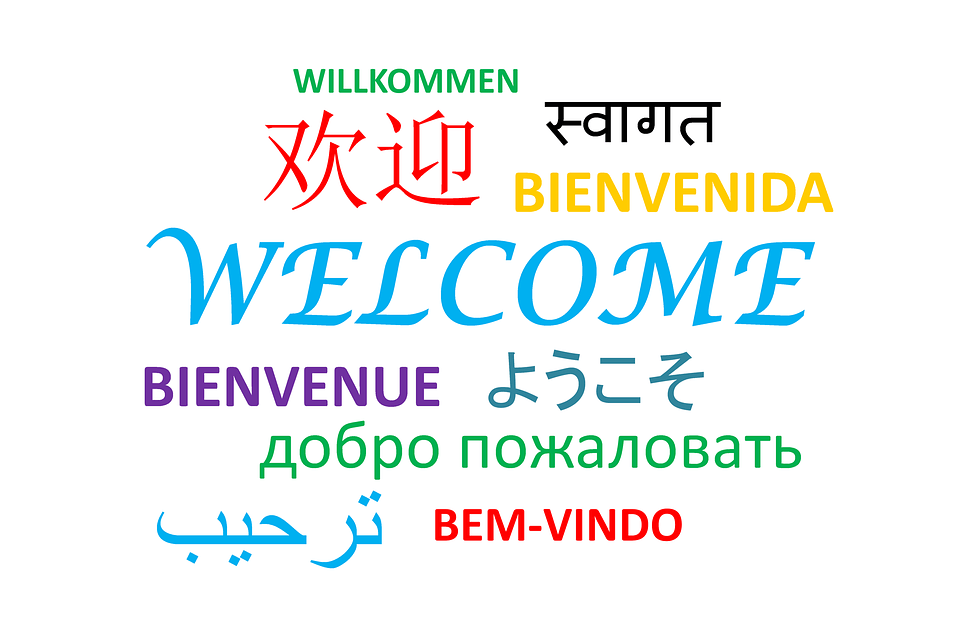

It’s Home to an Excellent Healthcare System
If you are concerned about the healthcare system in ROK, don’t be. It is modern and efficient, and you can choose between Western and Eastern medical practitioners.
When it comes to communication, most hospitals have some English-speaking doctors or staff members. Still, sometimes it might be a good idea to bring along a Korean-speaking person to help you communicate with the medical staff. That’s advisable, particularly in smaller urban areas.
Of course, you can choose private health insurance, but it is quite expensive. As an expat, you are not automatically covered by the NHI (the government’s national health insurance), but as soon as you receive ARC (Alien Registration Card) from the local Immigration Service office, you won’t have to worry about a thing. Except how to choose the right hospital and doctor.
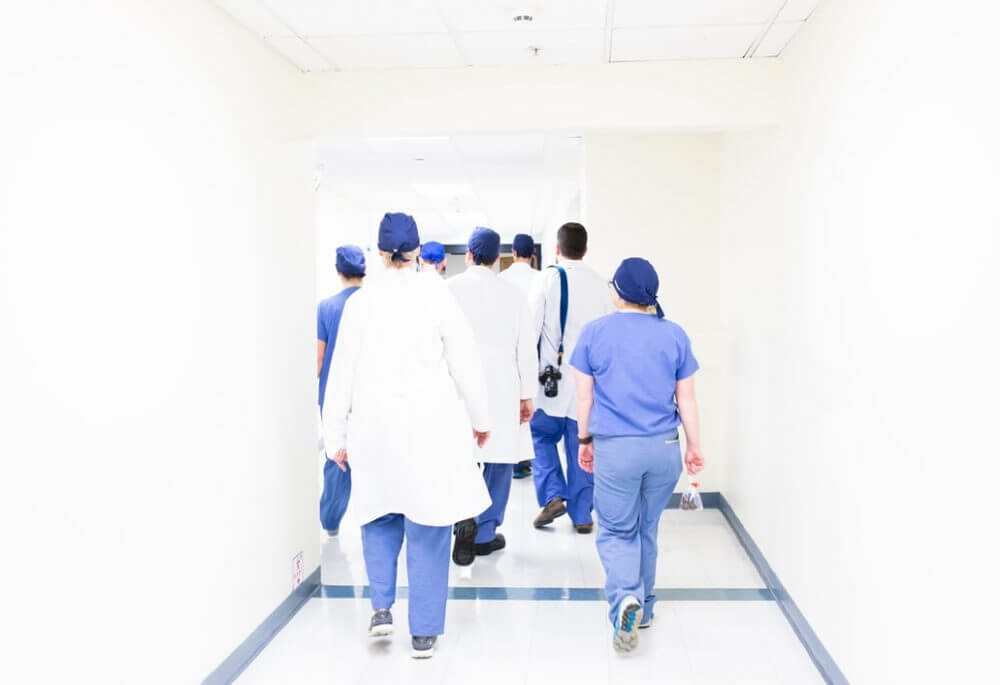

Korea Features Amazing Food and Drinks
If you’re a gourmet or a picky person when it comes to food, Seoul and Korea, in general, will definitely blow your mind. Besides some dishes which have become a global sensation, such as kimchi, ROK has plenty to offer. One thing is sure – Koreans have delicious, healthy, and very diverse food. From sweet pancakes and noodles made from sweet potatoes to fermented vegetables and beef barbecue, Korean cuisine has it all. Some meals might not sound so appealing, like blood sausage, but if you like to experiment and make an event out of a meal, it’s worth trying. Here’s a short list of some of the mouth-watering specialties you shouldn’t miss:
- Hoeddeok (sweet syrupy pancakes)
- Bulgogi (marinated beef barbecue)
- Samgyeopsal (pork strips)
- Japchae (stir-fried noodles)
- Kimchi (fermented vegetables)
- Ddukbokki (spicy rice cake)
- Sundubu-jjigae (soft tofu stew)
- Bibimbap (mixed rice)
- Seolleongtang (ox bone soup)
- Soondae (blood sausage)
Welcome to the Soul of Asia
Moving to Seoul, at first glance, is quite a culture shock. The impression that you’re on another planet is a common thing among Westerners. As time goes by, you’ll realize this is an excellent place to live on your own or with your family, primarily due to several great things that ROK can provide you with, such as:
- Four distinct seasons with warm and humid summers
- A fantastic transportation system including a subway, buses, trains, and taxis
- Low crime rates in the metropolis, as well as in the whole nation
- Exotic and delicious street food
- The national holiday, Buddha’s birthday, celebrated in May
- Plenty of international schools, including American schools, where you can enroll your kids
So, don’t sit on the fence anymore, but look for reliable international moving services, pack your belongings, and get ready to experience Asia at its finest.






